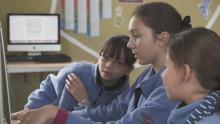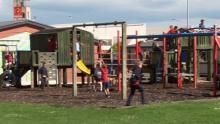What drives learning in the senior secondary school?
This evaluation studies effective practice in schools’ senior curriculum. It contributes to the review being undertaken by the Ministry of Education (the Ministry) of the National Certificate of Educational Achievement (NCEA). The Ministry-led review focuses on the implementation of NCEA as the national assessment system for the senior years of secondary schooling.


















